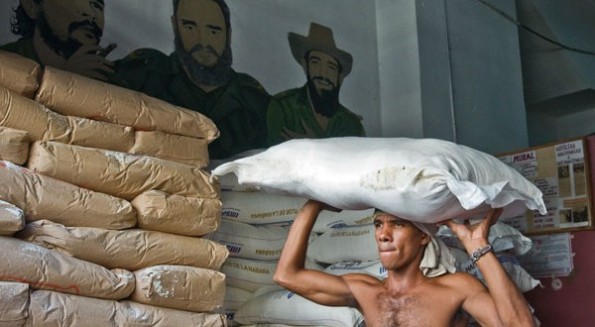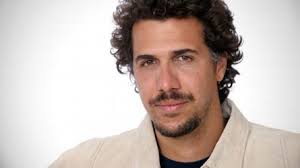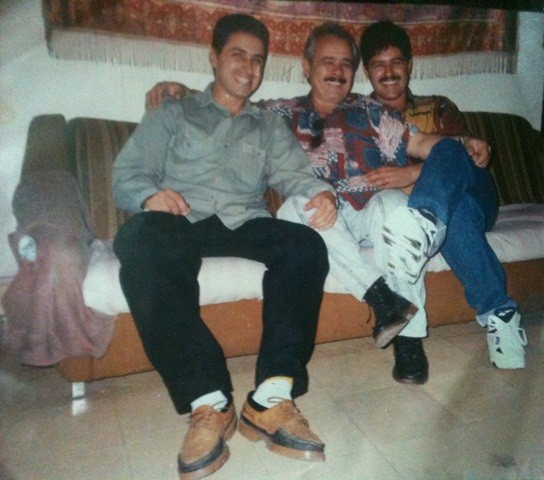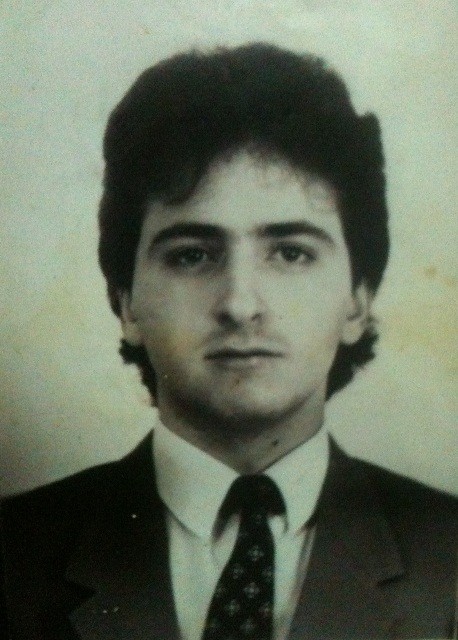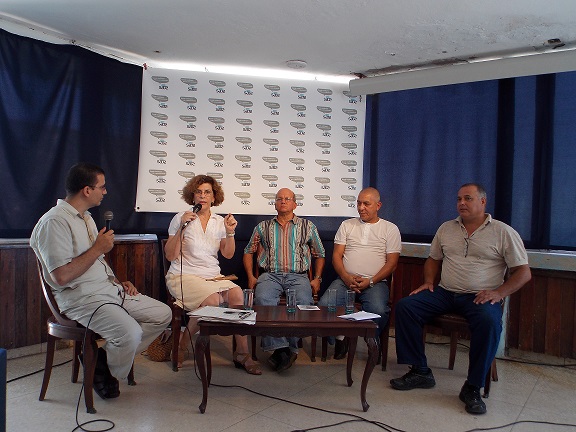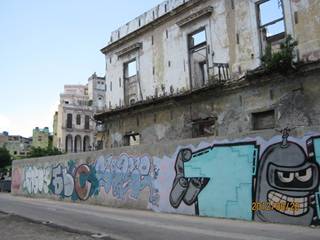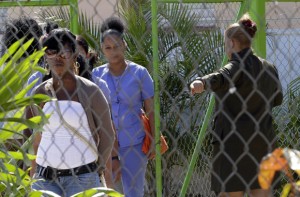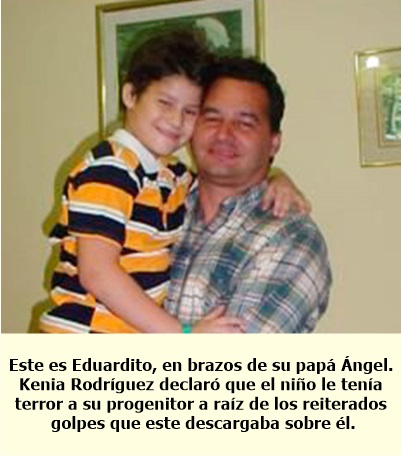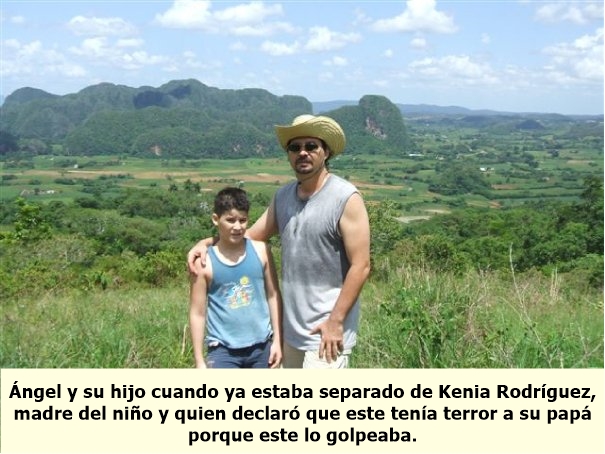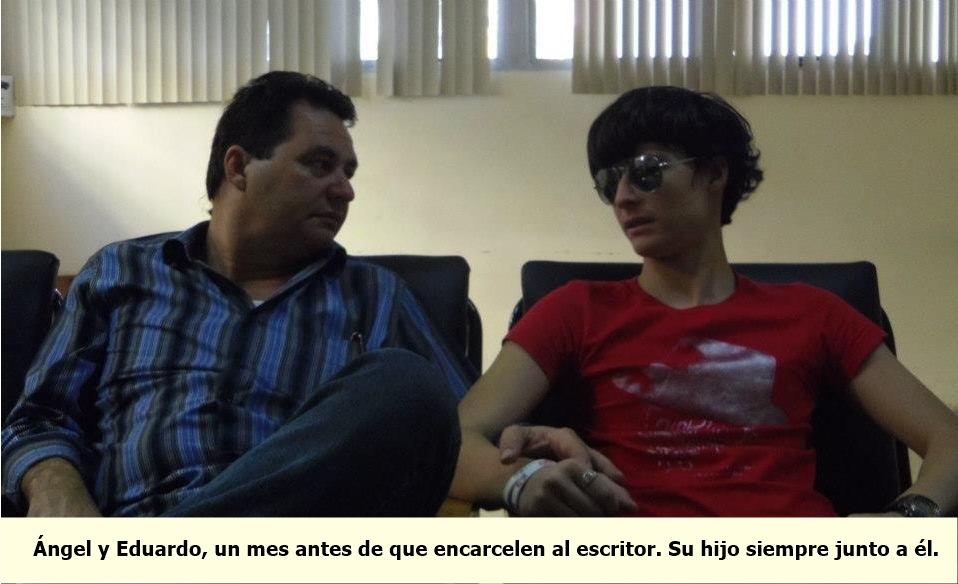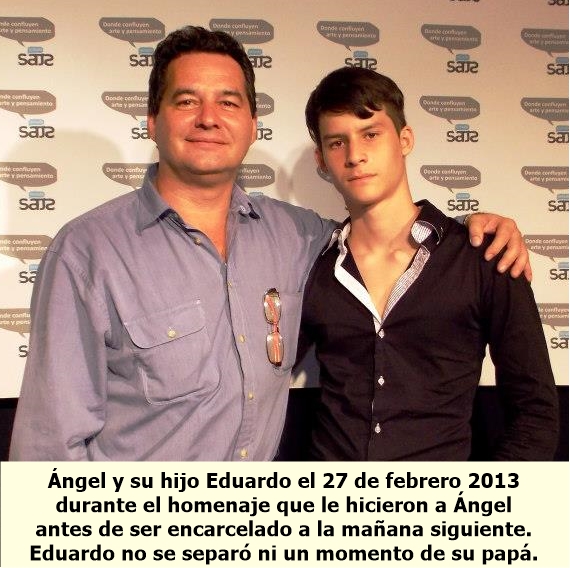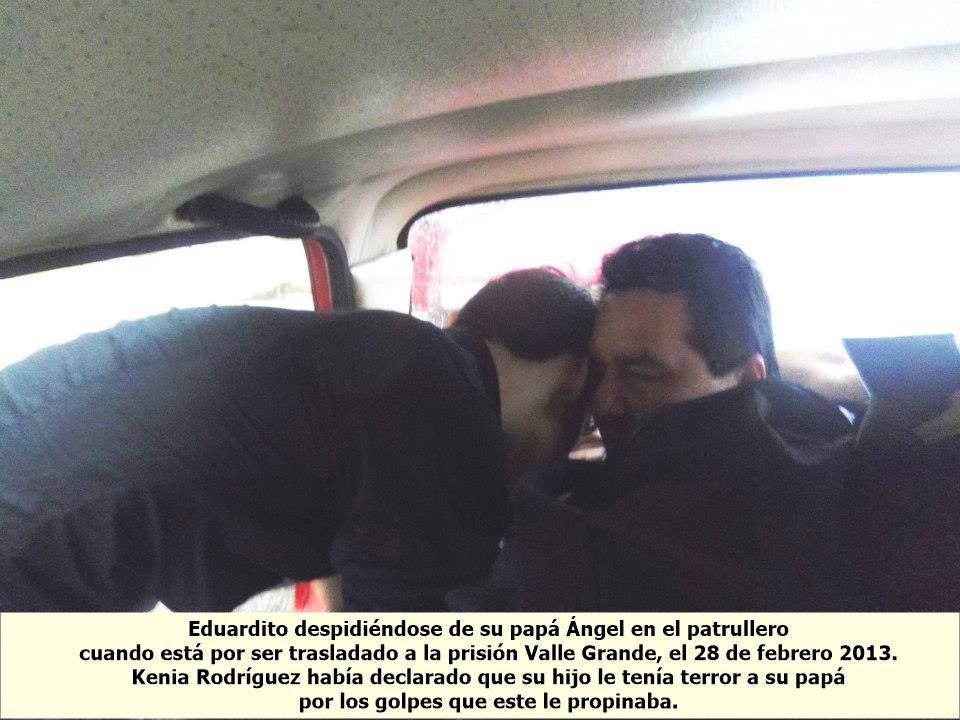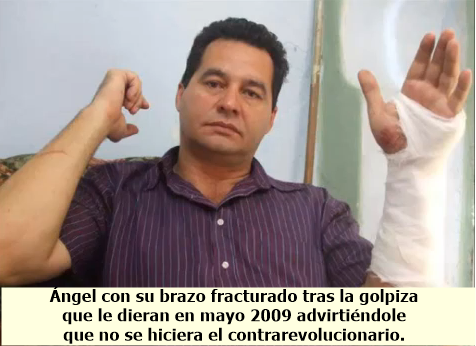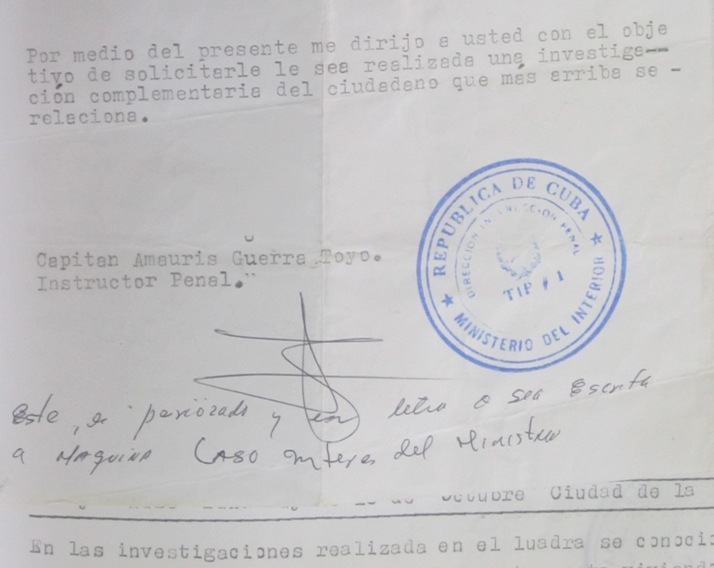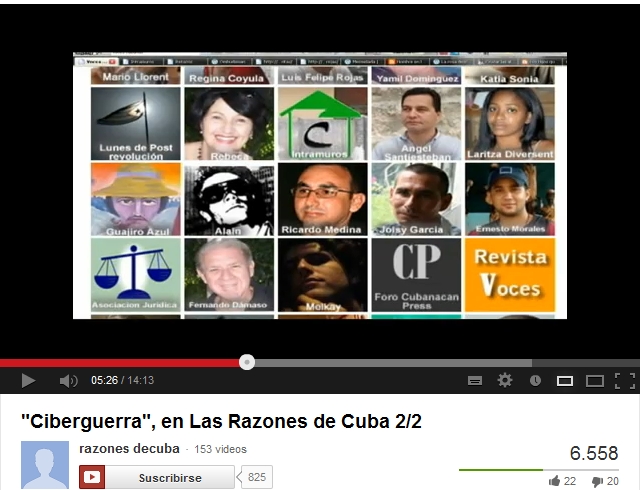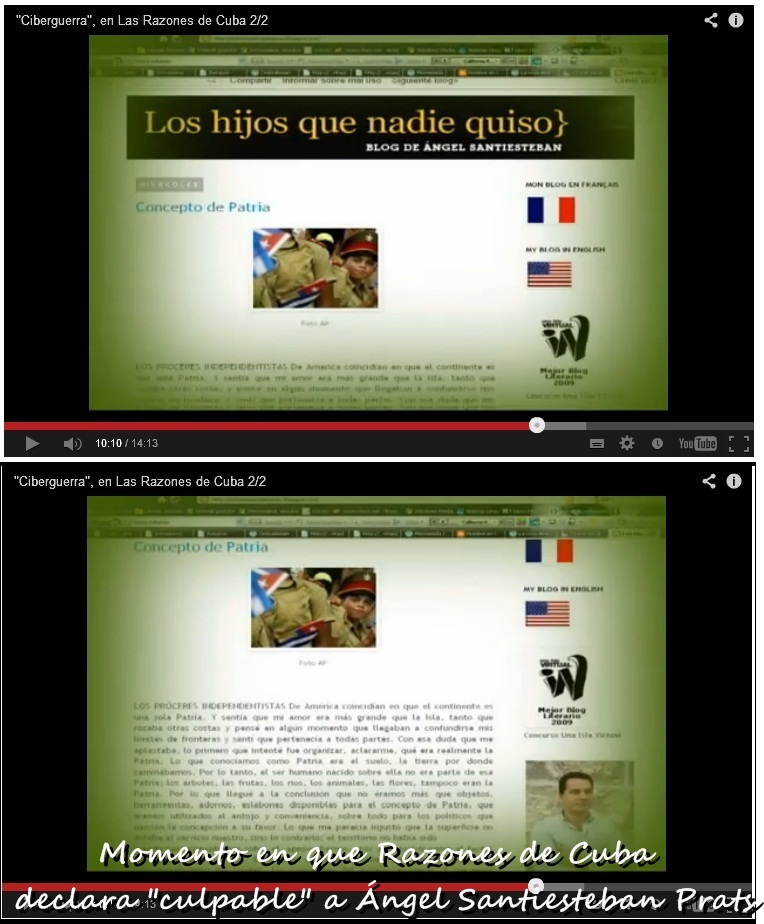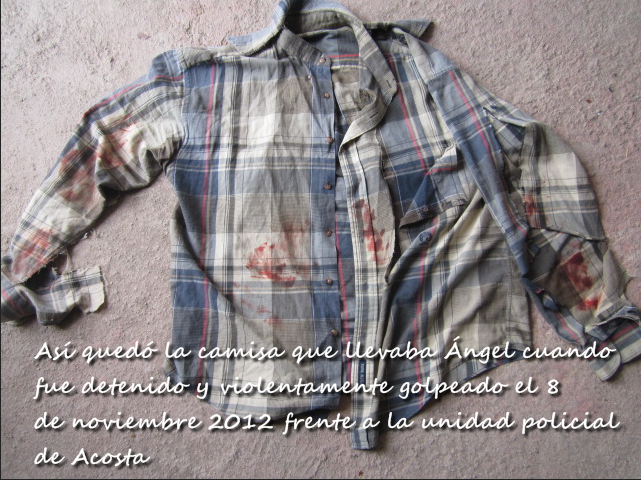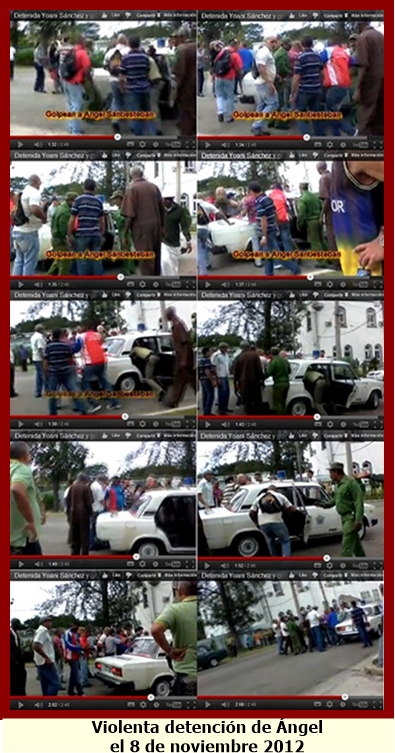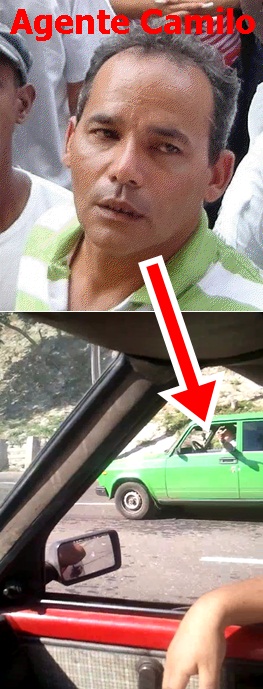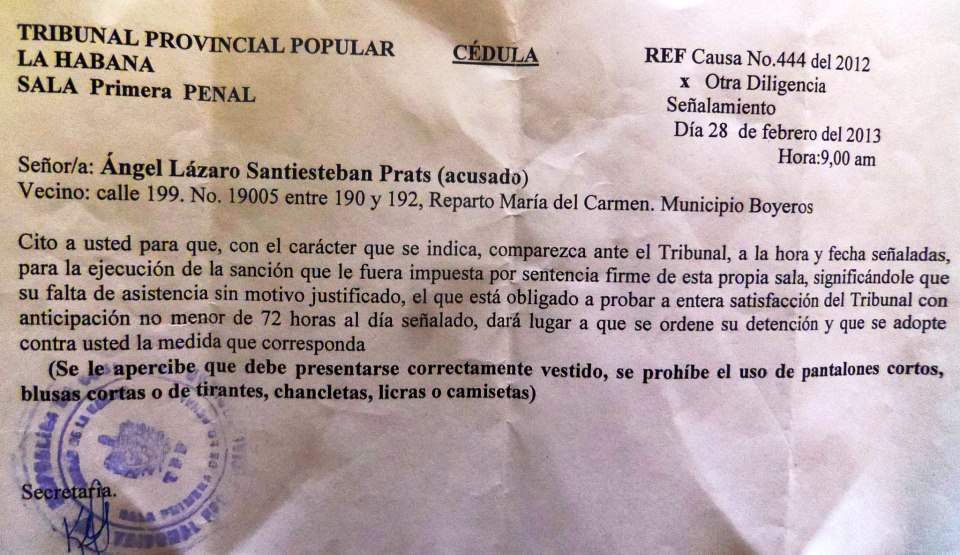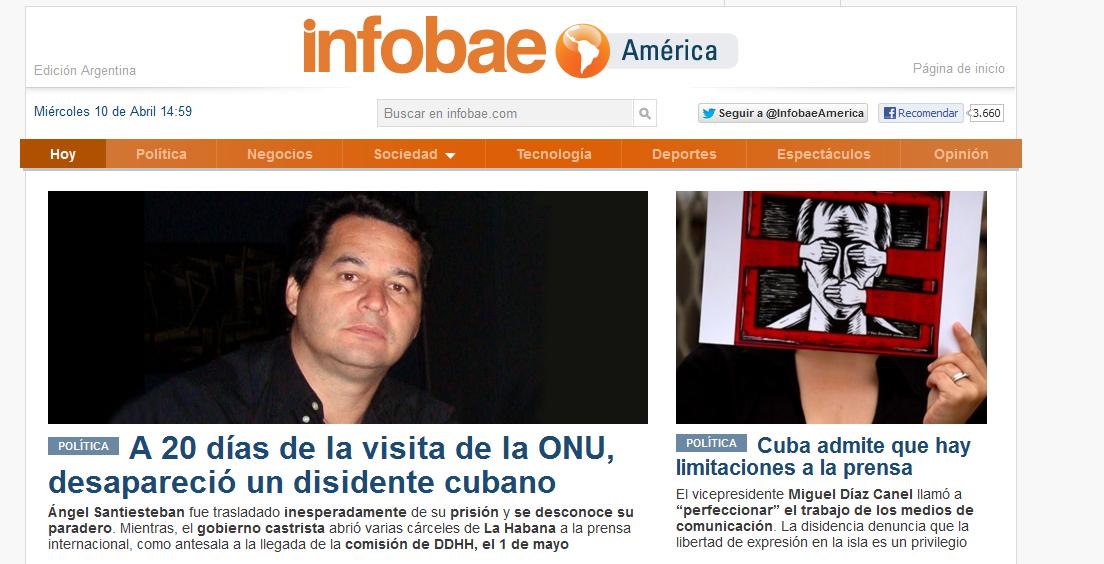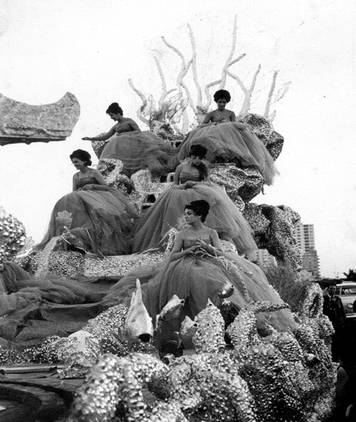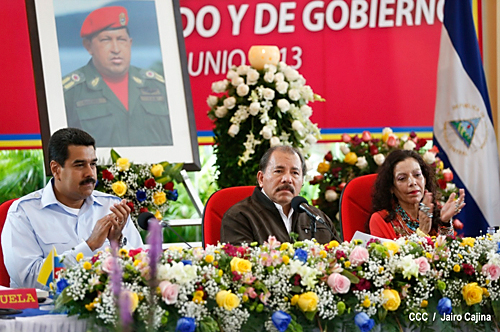Statement to readers
About the Petition for Review of the Trial against Angel Santiesteban Prats.
A few hours after the official web page STATE OF SATS published the post “Justice for Angel Santiesteban Prats,” in which it was officially reported that the petition for review of the trial by which the said writer had been unjustly and arbitrarily sentenced to five years in prison had been presented before the relevant bodies of the Cuban judicial system, we began to receive worried messages from friends, colleagues and unknown people (but interested in the injustice for which Angel is incarcerated).
Many of those messages presuppose that, the blog The Children Nobody Wanted being the “International Public Face,” the “Official Voice” of Angel Santiesteban Prats, we were in direct contact with those in Cuba who carry out the processing of legal matters.
The concern, in short, centered on three basic aspects:
First, for what reason did the announcement only appear in a couple of media outlets pertaining to the Cuban exile community and were not reproduced, as has happened on other occasions, on other internet sites and in the written press, in order to guarantee that the reach of the news had a more crushing effect?
“Leaving to one side that only a specific and limited sector of the exile community goes to those sites, I believe they must work more so that the civilized world knows that this review has already been presented. I am a lawyer, I am familiar with Cuban justice because I worked in it, and I know that if that news were more widely spread, in Cuba they would find themselves obliged to pay more attention to the petition,” F.O. Sonora said from Burdeos.
Second, why was the document presented so elemental, so superficial and so unclear? And why was it, even, badly drafted?
“If those are the weapons with which they try to defend Angel, I see them as bad. In a totalitarian system defeat is chirped from the first play if it is not forceful, firm and clear,” Samuel Gonzalez Perez wrote from Tampa.
On the STATE OF SATS page itself, Ricardo E. Trelles had written:
“// Indispensable to be clear, lucid and forceful // Facing the pseudo-legal system that we have imposed in Cuba, it is indispensable to act with total transparency and with clear and firm legal representatives (if they are not to be had, look for and use the participation of better document drafters although they may not be lawyers).”
Third, why haven’t this petition or other previous legal documents (for example: the file of the Further Appeal against the sentence), where firm proofs exist of Angel’s innocence, been circulated for review in intellectual circles?
“I have received hundreds of messages from Cuba, from writers asking me for information about what is happening with Angel. As I agreed with Angel’s family and with you all, I have been sending to Cuba, to those writers, all the dossiers that we have prepared about the international support that we have obtained; I have sent them all the pronouncements of international agencies and institutions that have been gotten thanks to personal arrangements of the blog’s managers, some Cuban writers living on the outside and prestigious intellectuals and foreign journalist friends of Angel, and since (after an incomprehensible delay the legal files of the case arrived in my hands), little by little, due to its weight, I have also sent to Cuba those files, asking that they irrigate there,” Cuban writer Amir Valle, Angel Santiesteban’s legal Representative and literary executor, reports from Berlin.
All the preceding obliges us to clarify publicly that by decision of Angel Santiesteban, all the legal steps in Cuba are in the charge of his lawyer, Attorney Amelia Rodriguez Cala, working with Antonio Rodiles, Director of the website STATE OF SATS.
Our responsibility is limited to handling the post through the shipments that Angel manages to get from Cuba by diverse means; to establish contact with the hundreds of websites, blogs and internet press that have manifested their interest in following this injustice; amplify our means of press and promotion by print or internet everything concerning Angel’s life and situation in captivity, and to establish ties with international institutions and agencies in order to achieve our statements of support for Angel (to show but one example, the last two of these efforts have been the presentation of Angel’s case in the Inter-American Human Rights Commission and the Request for Precautionary Measures in the face of the death threats that Angel has received throughout this ordeal).
As far as promotion and management of his literary work, Amir Valle, in his capacity as legal Representative, and in coordination with other Cuban and foreign writers, has gotten important pronouncements of support by prominent intellectuals, agencies and Non-Governmental Organizations of the international cultural world.
All that work, which has placed the case of Angel Santiesteban Prats as a point of interest for thousands of intellectuals and dozens of the most important international political, human rights and cultural institutions and agencies, has been possible thanks to the coordinated work of a small group of people (some today are occupied with other responsibilities in the fight for Cuban liberties, but they keep helping us as much as possible). And, in any case, always in complete coordination among the managers of the blog, some family members and friends of Angel in Cuba and Angel’s family in exile.
Due to the communication barriers that always exist between Cuba and the outside, and also other reasons that even today we do not understand, we regret to inform that that joint work has not been able to materialize, not with the lawyer nor with those from STATE OF SATS who are occupied with working with the lawyer in those legal efforts.
By luck, until now, in spite of the lack of communication, the efforts on behalf of Angel on both shores have been successful and, although until today we have never been informed directly of the plans or of the legal efforts planned by those you suppose must be our colleagues in Cuba in this fight to get Angel out of jail, we have always supported and publicized all and each of these efforts.
But, we insist, although we are, by Angel’s own designation his “Public International Face,” his “Official Voice,” in relation to all the legal handling of the case of Angel Santiesteban Prats in Cuba we are simply observers.
Relatives, managers of the blog The Children Nobody Wanted and literary Legal Representative of Angel Santiesteban Prats.
Translated by mlk
19 July 2013



